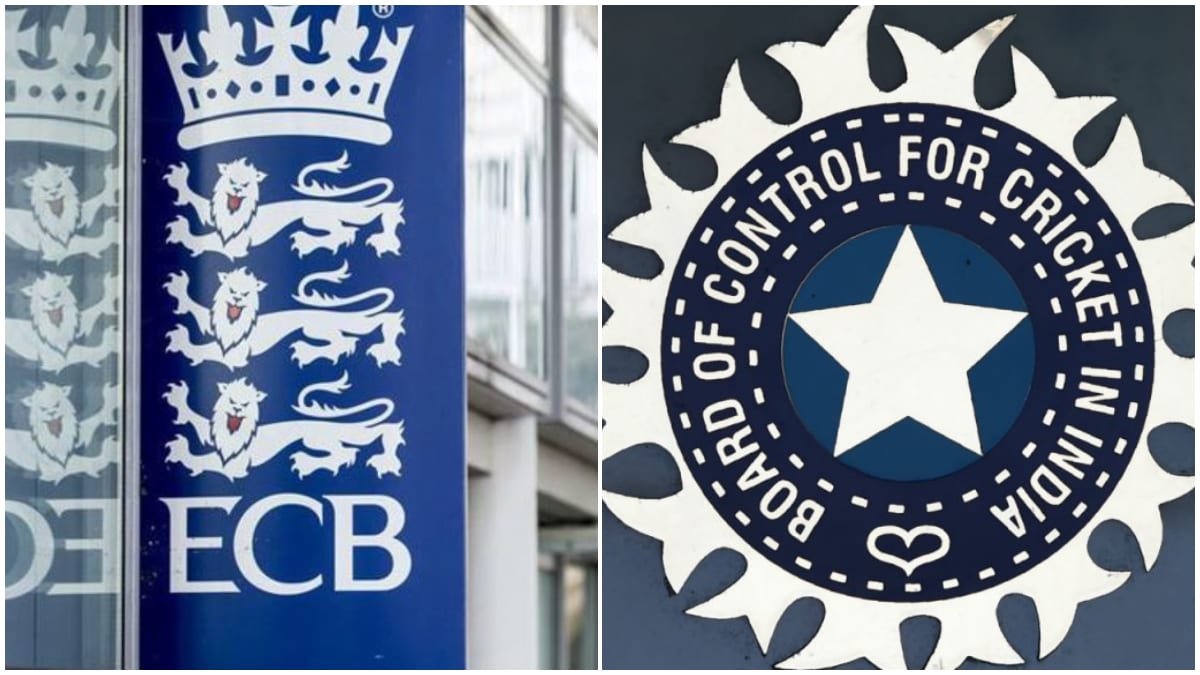

The Board of Control for Cricket in India (BCCI) and the England and Wales Cricket Board (ECB) are reportedly joining forces to oppose the launch of a new T20 cricket league backed by Saudi Arabian investment. This united front stems from a desire to protect their own established and lucrative T20 competitions, the Indian Premier League (IPL) and The Hundred, from potential threats of player exodus and financial disruption.
Saudi Arabia's ambitious plan involves a significant financial injection, potentially reaching $400 million to $500 million, through SRJ Sports Investments, a subsidiary of the country's Public Investment Fund (PIF). The proposed league aims to adopt a format similar to tennis Grand Slams, featuring eight teams competing in tournaments held across four different locations annually. Cricket Australia (CA) has reportedly shown interest in partnering with the new league, potentially hosting one of the four annual events.
However, the BCCI and ECB are taking a firm stance against the Saudi-backed league. Their strategy involves several key actions. Firstly, both boards have agreed not to issue "No Objection Certificates" (NOCs) to their players, preventing them from participating in the new competition. Secondly, they intend to lobby the International Cricket Council (ICC) to withhold its endorsement of the league, further hindering its legitimacy and potential for success.
The primary reason behind the BCCI and ECB's opposition is the protection of their flagship T20 leagues. The IPL, valued at approximately $12 billion, is a dominant force in franchise cricket, while the ECB has recently taken steps to boost the financial standing of The Hundred by offering stakes to private investors. Both boards fear that a new, well-funded league could lure away top players, diluting the talent pool and impacting the financial viability of their existing tournaments.
Moreover, the BCCI, in particular, has a policy of not allowing Indian male players to participate in overseas leagues, a measure designed to maintain the IPL's exclusivity and prevent the rise of rival competitions. The ECB is also keen to ensure that its players prioritize The Hundred, which is undergoing significant changes to attract further investment and enhance its appeal.
While the BCCI and ECB are aligning to resist the Saudi initiative, Cricket Australia's approach appears to be more open. CA is reportedly interested in exploring investment partnerships to bolster its Big Bash League (BBL), which is currently owned and operated by the national body and the states. The potential for financial gain through private investment is a key driver of CA's willingness to engage with Saudi backers.
The ICC's position on the Saudi-backed league remains uncertain. While the governing body has existing ties with Saudi Arabia, including a partnership with the country's energy firm Aramco, it also has strong relationships with the BCCI and ECB. Jay Shah, the former secretary of the BCCI, currently chairs the ICC, making it unlikely that the ICC will act against the Indian board's stance.
The emergence of the Saudi-backed T20 league highlights the growing interest and investment in cricket from the Gulf nation. Saudi Arabia has been actively expanding its presence in the sports world, with investments in LIV Golf, Formula 1, and the hosting rights for the 2034 FIFA World Cup. While Saudi investment in cricket may be welcomed in some quarters, the BCCI and ECB are determined to protect their own interests and maintain their dominance in the global T20 landscape.